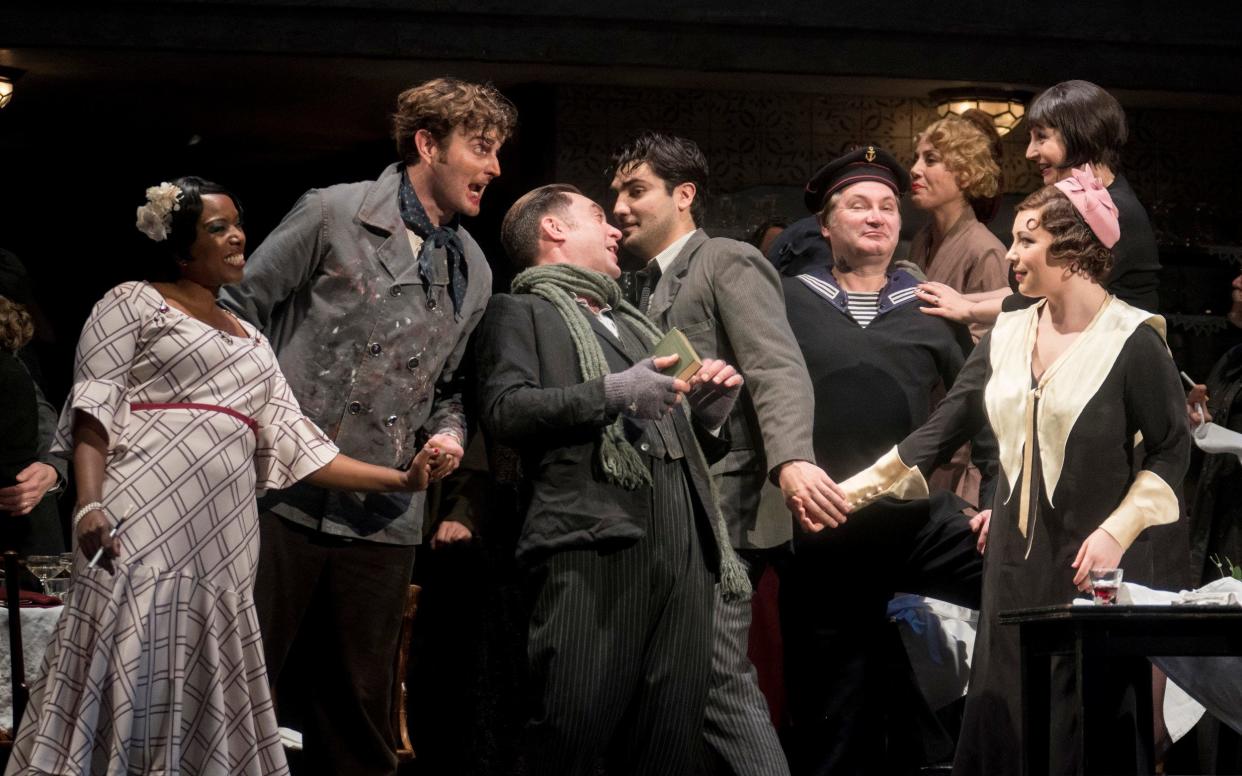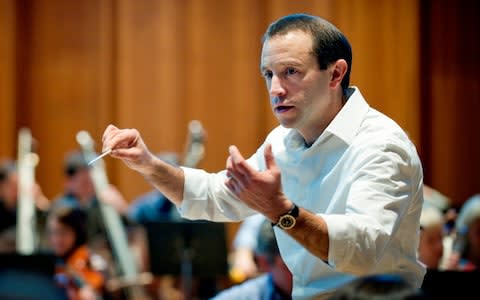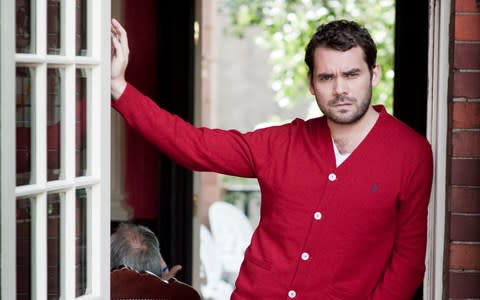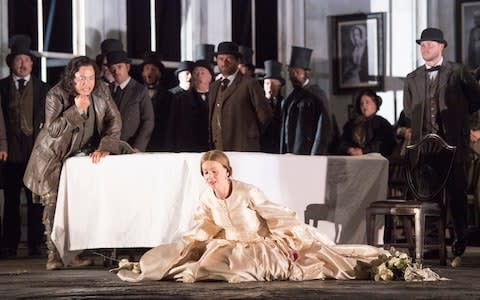Critics who demand opera sung in original language want to ‘keep the riff-raff away', director suggests

It is one of the key and most controversial cornerstones of English National Opera, dividing performers, critics and audience members alike over its policy to sing the operas of Europe only in the English language.
But some of those who argue for change are perpetuating “cultural elitism” by hoping to “keep the riff-raff away”, the company’s former music director has said.
Mark Wigglesworth, who left ENO in 2016, warned of the “unspoken view” of some of those hoping to see opera in Italian or German, claiming they take a “certain pleasure” in making it inaccessible.
“The rumours whispering through the cracks of the London Coliseum are alarming for those who believe English National Opera has a vital role to play in making opera accessible to all,” he said.
“If the language policy that forms such a pillar of its identity is abandoned, it would be a betrayal of the company’s most valuable mission to perform opera in a way that can be understood by the largest number of people.”
Writing for classical music website Bachtrack in response to a debate over ENO’s English language-only policy, Wigglesworth argued that accessibility was “not really about the price of a ticket”, but performances that “reward people’s decision to come” by being understood.
“A more unspoken view is one that thinks singing in a foreign language ‘keeps the riff-raff away’,” he said.
“An accusation of vanity is unfair to the majority of original language devotees but I do believe a certain pleasure in cultural elitism exists, even if only by a few.”

Claiming Verdi and Wagner were “energetically supportive of translations”, he added: “It would have been inconceivable to them that the words wouldn’t have been understood.”
Wigglesworth, who resigned from ENO in 2016 amid budget cuts and changes to the company, added: “Without pride in its past and faith in its future English National Opera will struggle to maintain its distinctive raison d’être.
“As ENO used to say: Opera in English speaks for itself.”
ENO categorically denies its English language-only policy is at risk of changing, as a spokesman emphasised the company’s belief that it adds to making opera accessible for all.
Its website states: “We believe that singing in English enhances the emotional connection between performers and audiences.”
The opinion piece followed an interview by the same publication with Barrie Kosky, an Australian theatre and opera director, who said he had advised Daniel Kramer, ENO’s artistic director, to “bite the bullet and get rid of the all-singing-in-English thing”.

“You can still be called English National Opera, but you need to get rid of that, because it just smells slightly provincial in the world of subtitles and people being able to research what the thing means,” said Kosky. “People may disagree with me, but I just don't want to hear Italian opera in English and I don't think most of the audience do.
Martyn Brabbins, the ENO music director who took over from Wigglesworth, last year told the Telegraph: "We sing in English and it has ever been thus: it's our policy and I have to be happy with it. On a case-by-case basis, there could be room for change and there may be a review in the future.”
Stuart Murphy, CEO, said the company’s “simple founding principle” to make “a beautiful, utterly unique art form available for everyone” remains in place today, adding: “Singing in English is a massive part of this, as are affordable ticket prices.”

Dame Felicity Palmer, the veteran mezzo-soprano, recently told the Times: "It's fine to do it in English — if you can understand the English! We worked on Verdi's Forza at ENO and it did work in the end, but you just thought, 'Wouldn't it be lovely to get the lusciousness of the Italian?' Sometimes you do need the colour.
"To have surtitles when they're singing in English is nothing short of scandalous."
A spokesman for English National Opera said: “ENO is not considering changing our English language-only policy.
“ENO is about opera for everyone - we believe that singing in our own language connects the performers and the audience to the drama onstage, and enhances the experience for all.”

 Yahoo News
Yahoo News 
